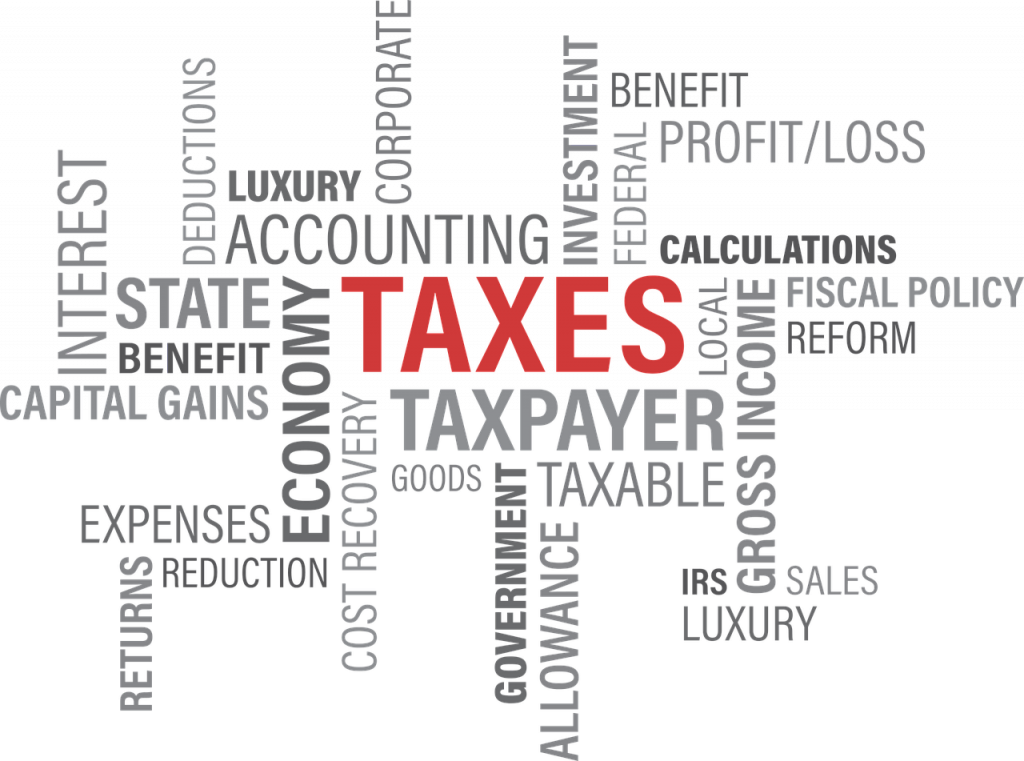
- Understand your taxable income, including salary and benefits, and stay informed on tax relief changes.
- Learn about tax deductions and credits to optimize what you owe, like personal allowances and savings incentives.
- Register for self-assessment, gather necessary documents, and choose between tax software or a professional accountant.
- Submit your tax return by the deadline to avoid penalties and ensure proper student loan deductions.
- Maintain good record-keeping habits and monitor tax-advantaged accounts for smooth tax returns and financial health.
Navigating the labyrinth of tax returns can be an intimidating experience, particularly for young adults who have recently graduated into the workforce. The tax return season begins in the United Kingdom as the new financial year unfolds. If you’ve recently found yourself having to manage your own tax affairs, you’re no stranger to the sense of responsibility that comes with adulting.
This article is geared towards demystifying the often daunting task of filing your tax return for the first time, so buckle up and dive into the world of HM Revenue & Customs (HMRC).
Understanding Your Taxable Income
The cornerstone of any successful tax return is a crystal-clear understanding of what constitutes your taxable income. As a new taxpayer in the UK, your income is likely to come from a single source—your employer—which makes this step relatively straightforward. Your taxable income includes your salary, bonuses, overtime, and benefits.
However, there are nuances to be aware of. Did you know that as of the financial year 2021/22, tax relief is no longer available on working from home tax allowance? Staying abreast of changes like these is crucial, which can significantly impact your take-home pay.
Navigating Tax Deductions and Credits
Understanding tax deductions and credits can mean the difference between paying too much and paying the just right amount of tax. If you’re a new adult, you can likely claim the personal allowance, a set amount you can earn each year without paying tax. Remember, tax credits are financial incentives designed to lower the amount of tax an individual owes. Examples of tax credits available to new adults might include the marriage allowance or, if you’re a saver, the Lifetime ISA.
Filing Your Tax Return

When filing your tax return, the process can seem complex at first glance, but breaking it down into individual steps can simplify the task. Here are some key things to remember:
Register for Self-Assessment
As a new taxpayer in the UK, you must register for self-assessment with HMRC. This process involves providing personal information and details about your income sources.
Gather Your Documents
Before starting your tax return, gather all the necessary documents, such as P60s, P45s, and any other relevant forms from your employer or financial institutions. This process will help ensure you have all the information you need to accurately complete your return.
Use Tax Return Software or Hire an Accountant
If you’re not confident in completing your tax return yourself, consider using a reliable self-assessment and tax return software such as HMRC’s Self Assessment online service. Alternatively, you can hire an accountant to take care of it for you.
Submitting Your Tax Return on Time
Timeliness is key when it comes to submitting your tax return. In the UK, the deadline for submitting a paper tax return is usually by the 31st of October following the end of the tax year, while the online submission deadline is typically the 31st of January. Late submissions can incur penalties, so keeping track of these dates is important.
Don’t Overlook Student Loans
Many new adults come out of university with student loans. You must pay back a percentage of your income each year as your income grows. The correct amount will be automatically deducted from your salary each month, but remember to cross-check this in your tax return to ensure accuracy.
Seek Professional Help if Necessary

Hiring an accountant might be wise for some new adults, particularly if your tax affairs are more complicated due to self-employment, multiple incomes, or investments. While it’s an additional expense, the peace of mind and potential savings from avoiding misreporting your income can often be worth it.
Monitoring Your Tax-Advantaged Accounts
As a new adult, you might be interested in opening tax-advantaged accounts like self-invested personal pension (SIPP) or Individual Savings Accounts (ISAs). These can provide significant tax savings. For example, the money put into an ISA is after-tax, which means it’s not subject to income or capital gains tax. Keeping an eye on your tax-advantaged accounts is crucial for tax returns, overall financial health, and tax planning.
The Importance of Record-Keeping
Whether a new adult or a seasoned taxpayer, good record-keeping is your best friend regarding tax returns. Organize your paperwork, keep copies of important documents, and file your records in a way that makes sense to you. This might be physical folders, cloud storage, or both. If you have an HMRC inquiry or request for more information, you’ll be glad you have all your financial data at your fingertips.
Filing your tax return as a new adult can seem daunting, but with some understanding and preparation, you can navigate it successfully. Keep abreast of changes in tax laws, understand your taxable income, use deductions and credits, seek professional help if needed, and keep good records. By following these steps, you’ll be well on your way to mastering the art of tax returns. Remember, paying taxes is vital to building a better society for all.
